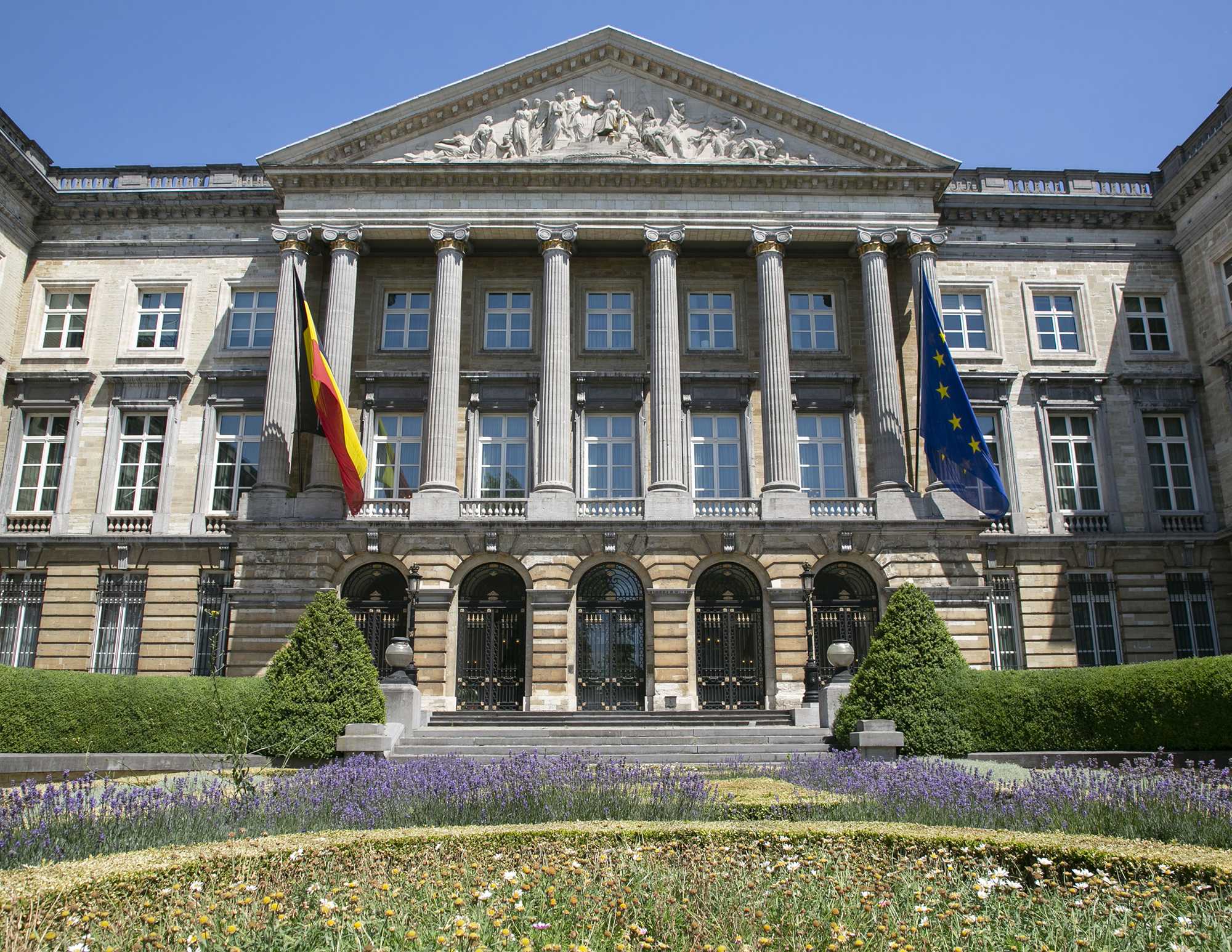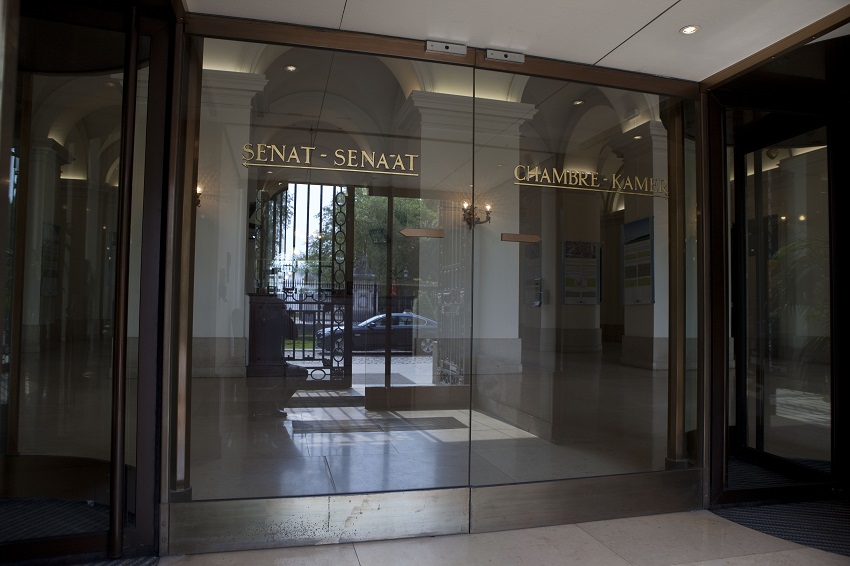
The Palace of the Nation houses the Senate and the House of Representatives, the two assemblies that make up the Federal Parliament. The Senate and the House of Representatives are two very different assemblies that work together closely and complement each other.
Elected representatives of the regions and linguistic communities sit in the Senate. The directly elected representatives of the citizens sit in the House of Representatives.
At federal level, the Senate and the House of Representatives make laws and form the legislature, together with the King. For the most important laws (such as the Constitution and laws governing the organisation of the State), the Senate and the House of Representatives must agree on exactly the same legislative text. The House of Representatives makes most other laws, monitors the government and approves the budget.
The Senate is the assembly representing the regions and linguistic communities of the Belgian federation. Via their senators, the regions and linguistic communities have their say in federal policy. The Senate draws up information reports on subjects where federal competencies and those of the regions and linguistic communities overlap. It mediates in the event of conflict between the country’s parliaments. Via their senators, the parliaments of the federated entities also take part in international parliamentary meetings. The Senate is also responsible for certain appointments to high judicial bodies.
- The website of the Senate
- The website of the House: in French - in Dutch
- More information about the Belgian federal state structure
© Belgian Senate

